NTR Vidyonnathi Scheme Government of Andhra Pradesh
Department of Social Welfare and Department of Tribal Welfare, Government of Andhra Pradesh invites Expressions of Interest (EOI) from competent coaching institutions with an excellent track record for imparting coaching for the civil services examinations to meritorious scheduled caste and scheduled tribe students.
A pre-bid conference was held with the representatives of institutions and as per the discussions, the following clarifications/instructions for submitting the expression of interest application (technical bid) and financial bid are given.
Two separate covers shall be submitted for the Expression of Interest application (technical bid) and financial bid by superscribing on the covers “NTR Vidyonnathi Scheme Expression of Interest application (Technical Bid)” and “NTR Vidyonnathi Scheme Financial Bid” respectively.
Institutions having a minimum experience of 10 years in imparting training in this examination, excellent track record, results, faculty, good library, study material, and infrastructure are alone eligible.
The filled-in application forms shall be enclosed with a demand draft of Rs.10,000/- drawn in favor of “Assistant Accounts Officer, O/o. Commissioner of Social Welfare, A.P., Hyderabad”.
Expression of Interest has been called for by the reputed private institutes for giving guidance for civil services examinations for SC & ST students in the state of Andhra Pradesh.
NTR Vidyonnathi Scheme Details:
- Department Name: Department of Social Welfare and Department of Tribal Welfare
- Scheme Name: NTR Vidyonnathi Scheme
- Official Website: https://jnanabhumi.apcfss.in

Eligibility Criteria for the Scheme:
As the new cabinet is formed in Andhra Pradesh, it has been observed that the NTR Vidyonnathi Scheme has been renamed to YSR Vidyonnathi Scheme. In order to avail of the scholarship allowance, certain parameters need to be satisfied by the candidate, and they are listed below:
- The student must be a permanent resident of Andhra Pradesh.
- Applicant should hold a graduate degree from a recognized institution/ must be in the final year of any graduate program
- The student must belong to SC/ ST, BC, Kapu, Minority, Brahmin, or EBC Community.
- An annual Family Income of the candidate must not exceed INR 6,00,000.
- Candidates’ age must qualify as mentioned in the UPSC guidelines.
- He/ She must fulfill the age limit including the upper age limit mentioned by the Vidyonnathi Scholarship Scheme.
- Candidates who are benefiting from any other government scholarships are not eligible for the scholarship scheme
- Student scholars of the previous NTR Vidyonnathi Scheme are not eligible for the new scholarship.
NTR Vidyonnathi Scheme Benefits:
Selected scholars for YSR Vidyonnathi Scheme will be entitled to the following rewards:
- Eligible students will be awarded a scholarship allowance for buying books, stationery, lodging allowance, etc.
- INR 1,50,000 will be granted as financial assistance for the prelims and mains training course of 9 to 12 months. This amount is directly credited to the institute’s account.
- Selected candidates are eligible to avail of INR 10,000 for 9 months as an allowance to buy books, stationery, lodging, etc.
- One Time travel allowance of INR 2000 per student will be paid as Civil Service Coaching for the entire course period.
- For candidates appearing for the UPSC exam in New Delhi, accommodation at AP Bhavan is provided on a payment basis.
Application Process for the Scheme:
Candidates can apply for the scholarship by the following steps:
- Visit the official website of the NTR Vidyonnathi Scheme.
- Submit the Online Application.
- Fill up all the required details.
- Upload all the required supporting documents.
- Review the details.
- Click the Submit button.
- Take a printout of the application after saving the acknowledgment.
For the application form & the details, please visit https://jnanabhumi.apcfss.in for the Department of Social Welfare and Department of Tribal Welfare. The filled-in application shall be submitted before the last date.
Required Documents:
- Aadhar Card
- Birth Certificate
- Passport size photo
- Income Certificate
- Caste Certificate
- Degree or equivalent examination pass mark sheet
- Scanned Signature of the candidate
- Disability Certificate for PH students
- Passbook copy
Important Links:
| Visit Here for More Details |
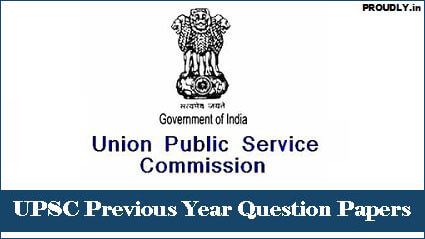
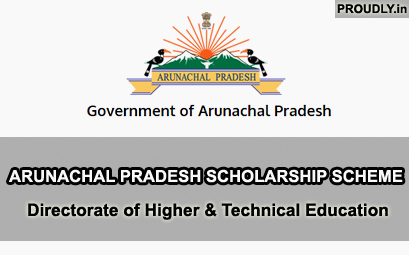

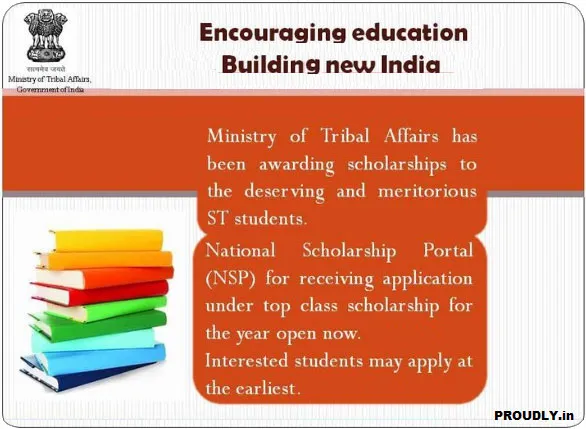

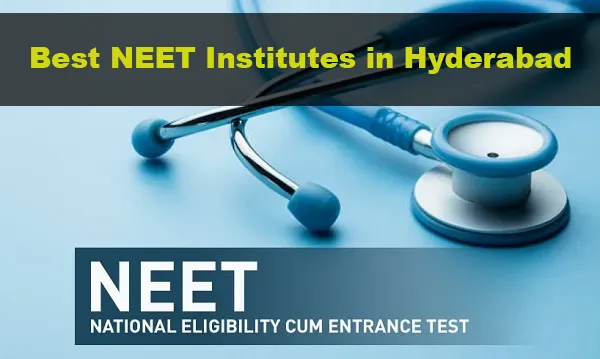

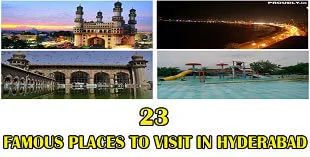
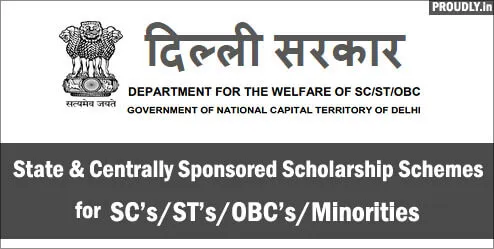



 Previous Post
Previous Post Next Post
Next Post